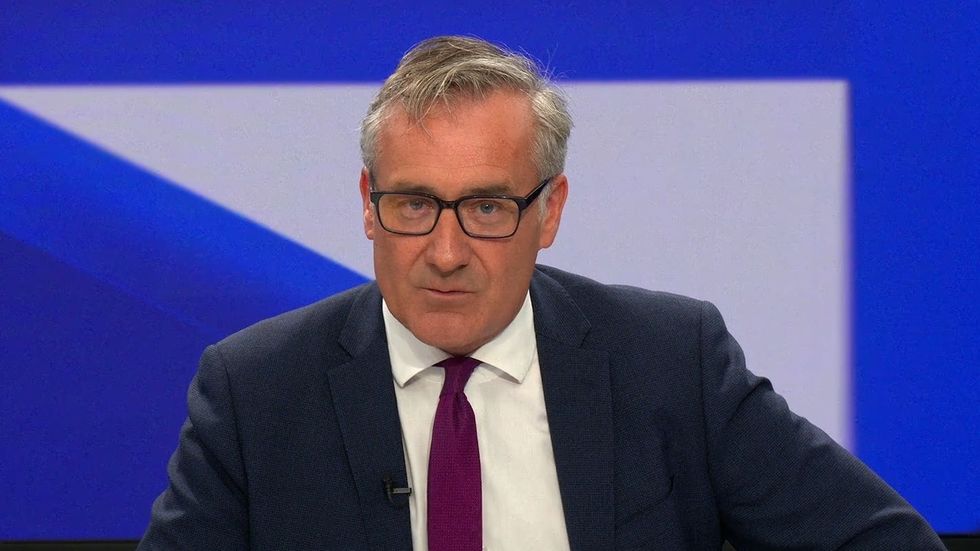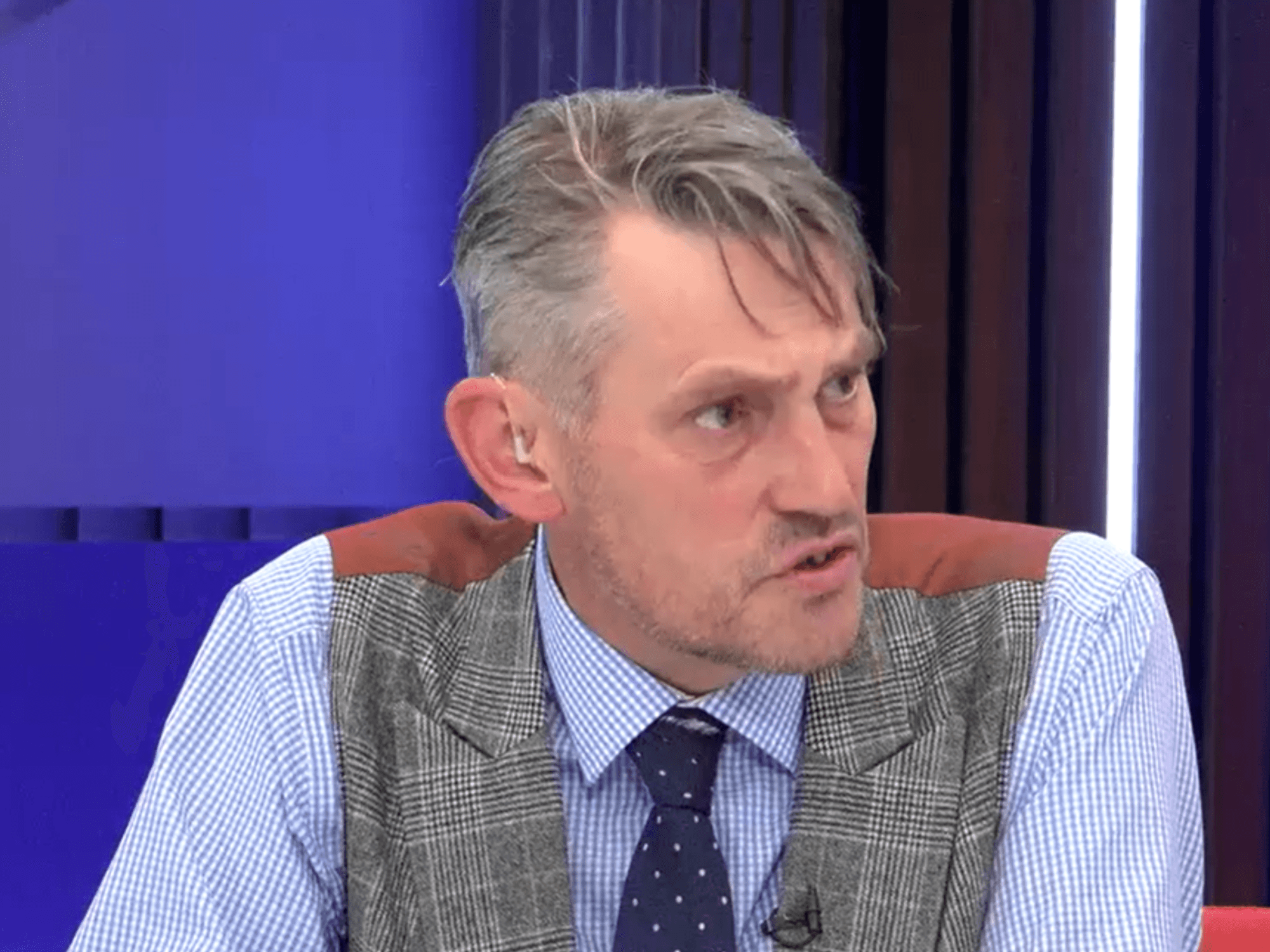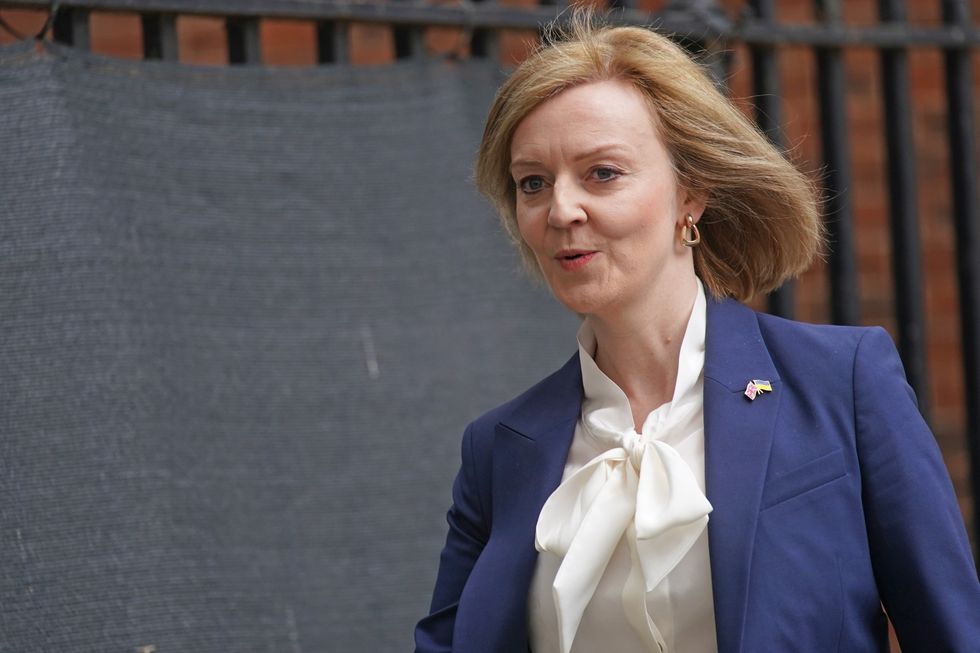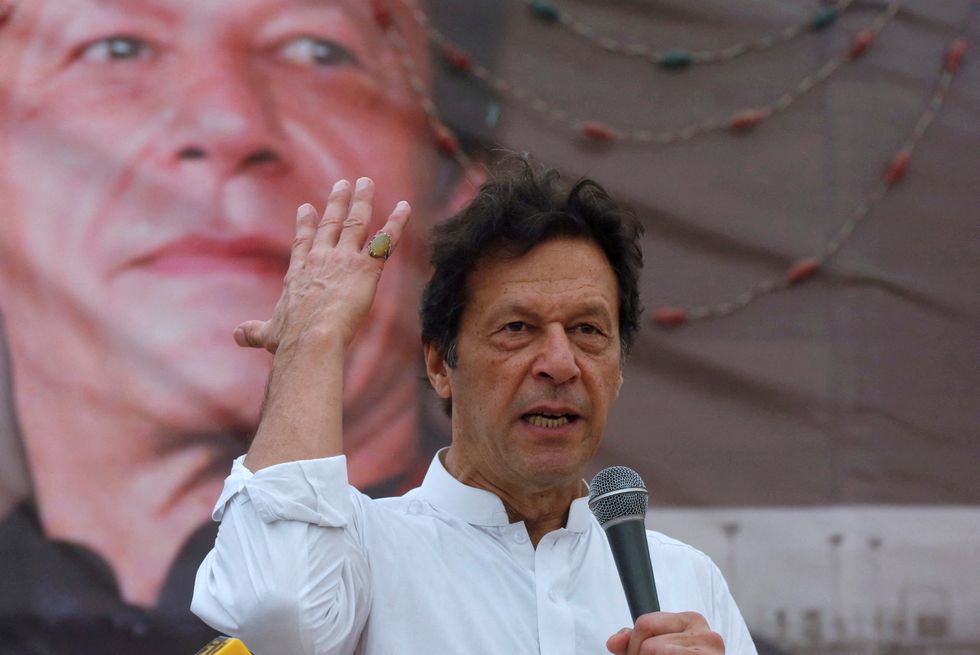Foreign aid cannot be ring-fenced – help the poor by starting charity at home, says Colin Brazier


By Colin Brazier
Published: 18/05/2022
- 17:07Updated: 14/02/2023
- 11:23Aid targets might swell the hearts of the sanctimonious, but it’s ultimately counter-productive
Don't Miss
Most Read
Latest
Civil Servants who worked for Britain’s foreign aid program were onto a nice earner. Their pay was the most generous in our public sector – typically £51,000 a year – a figure £8,000 higher than the average.
Why such generosity? Simple. The old Department for International Development, set up 25 years ago this month in one of the first acts of the Tony Blair Government, was awash with cash. Your cash.
Especially after another Blairite, the Conservative Prime Minister David Cameron, made it illegal for this country not… to spend billions of pounds every year on foreign aid.
That’s right. In 2015 the target of 0.7 percent of national income to go on donations, became legally binding. That’s the equivalent of about £16bn today.
Well, you can guess what happened. It happens in every big organisation where people feel they have to spend up to a certain amount. They worry that if they don’t, someone else will realise that not quite that much cash was needed after all. So they spend like it’s going out of fashion. Which is fine if it’s their money. Not so fine if it’s taxpayers cash.
Foreign Secretary Liz Truss
Victoria Jones
Over the years we heard the stories. Girl bands in Ethiopia, a space program in India, UK-funded campaigns to reduce salt consumption among children in China. In Pakistan, locals in Peshawar were given cashpoint cards to withdraw free cash…your cash.
Over the years there were complaints, not least from leaders in the developing world who maintained that, far from helping, foreign aid made things worse. It embedded corruption and stunted trade.
Ghana’s president, Nana Akufo-Addo, recently said foreign aid had turned Africans into beggars and it had to stop.
He told his people that it was time to: “…discard a mind-set of dependency and living on handouts".
Well, something is now finally changing. Other Western governments realised that writing an aid target into law might swell the hearts of the sanctimonious, but it’s ultimately counter-productive. The Dutch recently ditched theirs.
Former Pakistan PM Imran Khan
AKHTAR SOOMRO
And today, Britain took its latest step in the slow unwinding of its misguided foreign aid program. It’s been coming for a while. The Department for International Development was dissolved in 2020, and its functions taken over by the Foreign Office. Then Rishi Sunak announced there’d be a – temporary – reduction to the aid budget. That 0.7 percent figure has fallen to 0.5, but that’s still £12bn.
Britain still remains the third biggest donor of foreign aid in the world, after the US and Germany.
And that £12bn is still going to regimes who have an excellent track record of wasting it. Worse still, we are still handing over hundreds of millions of pounds to countries who trouser the cash and then cosy-up to our enemies.
Take the former Prime Minister of Pakistan, Imran Khan. We give a quarter of a billion pounds of British taxpayers' money to Islamabad.
But that didn’t stop Khan siding with Vladimir Putin, after the invasion of Ukraine.
There are some Red Wall Tories who think the foreign aid budget is immoral and corrosive. That it’s wrong to send money abroad when there are food banks at home. They point to our £12bn aid budget – smaller than it was – but still enough to cancel-out the recent rise in National Insurance.
The Government seems to be inching towards their position, albeit slowly. What Liz Truss announced in the Commons today might sound bureaucratic and technical, but it’s actually highly significant.
We’re cutting out the middle man. Less money for the UN and World Bank. These multinational bodies really do know how to spend your cash.
David Miliband, for instance, who runs the International Rescue Committee in New York, earns a million dollars a year. We will now give money directly to countries we think deserve it. An example of this is Poland, with whom we’ve struck a bilateral deal to fund humanitarian efforts in Ukraine.
Well, I’ve no idea whether Liz Truss knows her Dickens, but she’d do well to study the character of Mrs Jellyby in Bleak House, who famously is so keen to help the poor of Africa that she neglects her own children.
As Britain faces an acute cost-of-living crisis, foreign aid cannot be ring-fenced.
An army of NGOs, charities, politicians and academics will circle the wagons whenever a cut is even suggested.
But these aren’t the people who are struggling most right now. If the Tories want to help the poor, charity has to start at home.












